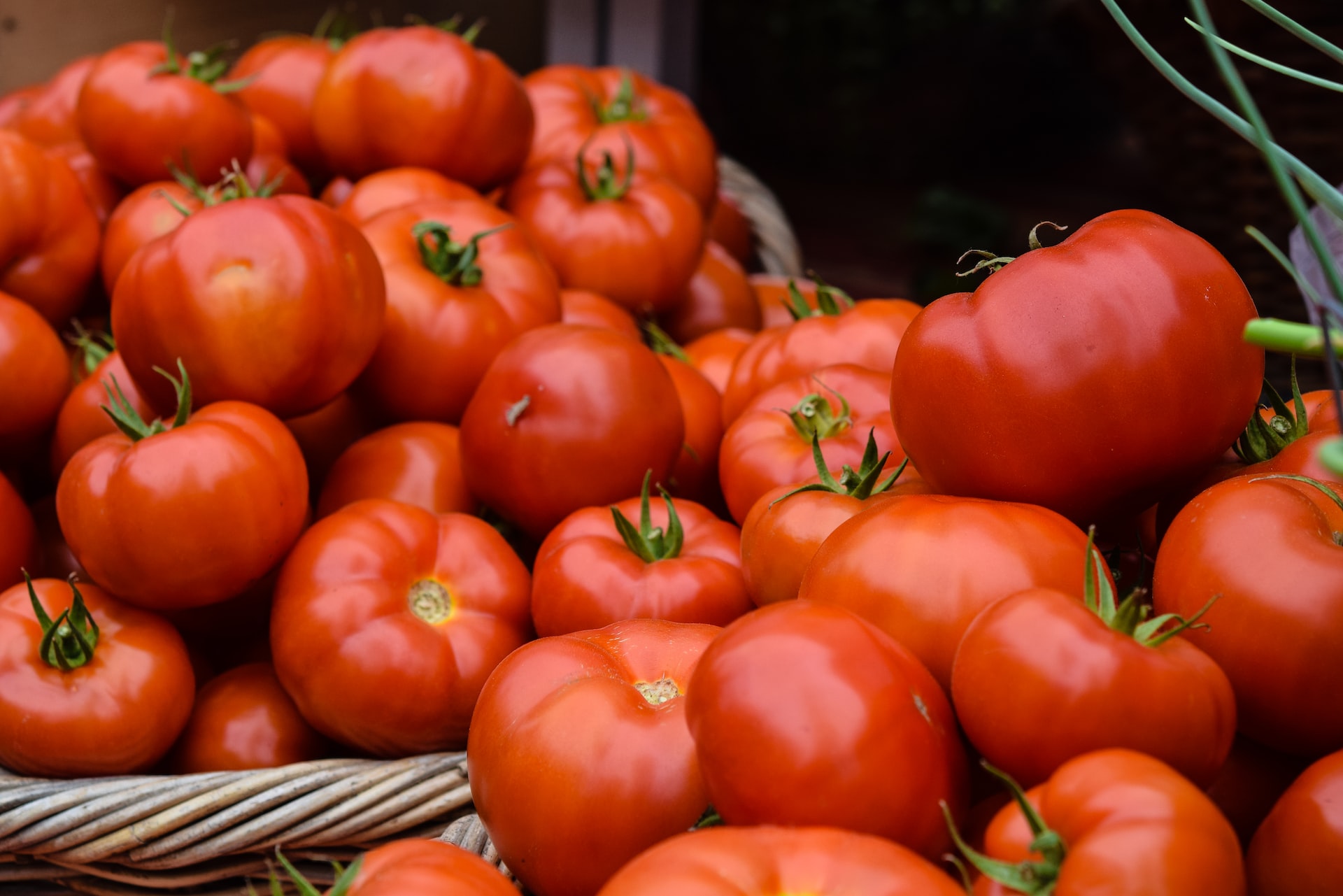


Recently, pursuant to Memorandum Circular No. 8 of 2022, which sets forth the rules and procedures for the evaluation of new plant breeding technologies by the Philippine Department of Agriculture (DOA), Sanatech Seed, Inc. requested confirmation from the BPI and received a certification letter from the BPI confirming that the BPI does not believe that their gene-edited high-GABA tomato line falls within the scope of the Joint Departmental Circular No. 1 for plants and plant products subject to plants and plant products within the scope of regulation.
The certificate does not exempt the product developer from complying with other relevant regulations of the Ministry of Agriculture and other government agencies, such as those involving phytosanitary, pest risk analysis, variety registration and crop-specific standards and procedures. The certificate has no expiration date and remains valid unless revoked through the appeals process.
This is the second case in the Philippines after the ″Brown Banana Inhibition″ that plants using genome editing technology are exempted from regulation, and the first case developed by a Japanese company. This technological breakthrough will not only help improve the nutritional value of tomatoes, but will also promote innovation and development of agricultural technology. shenzhen Hengfeng Seed Co., the Chinese agent of Sanatech Seed products, also plans to further expand the promotion and application of high GABA tomatoes in both domestic and international markets through this technology.
GABA (γ-aminobutyric acid) is a neurotransmitter that relaxes nerves, promotes sleep, and relieves anxiety and depression.Sanatech Seed discovered the accumulation mechanism of GABA in tomato through research and identified key genes affecting the accumulation, and by targeting these key genes with CRISPR/Cas9 gene editing tools, successfully deleted their The editing of these genes using the CRISPR/Cas9 gene editing tool successfully deleted their own repressive structural domains, thereby increasing the amount of GABA in tomato, and this process did not introduce any exogenous genes.
Need help or have a question?
Send mail